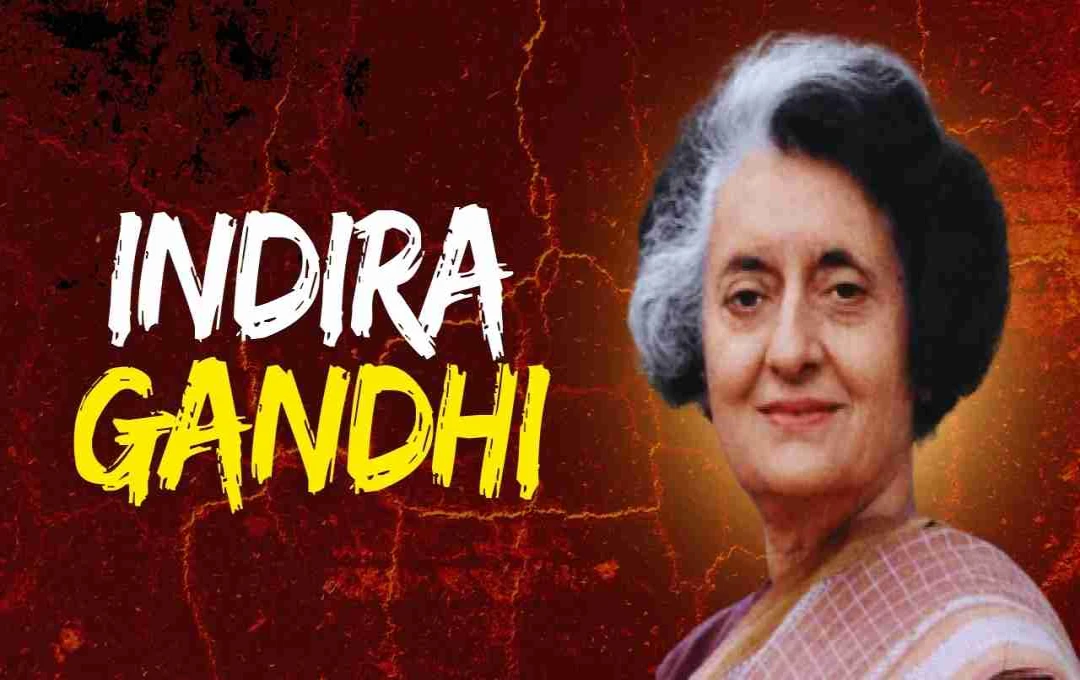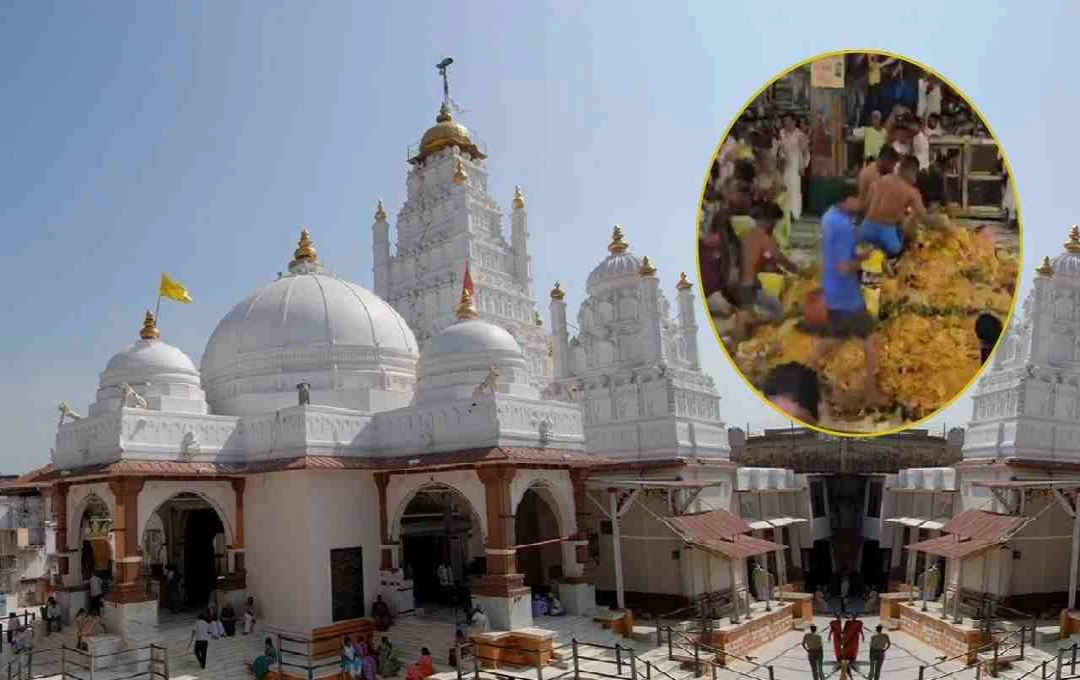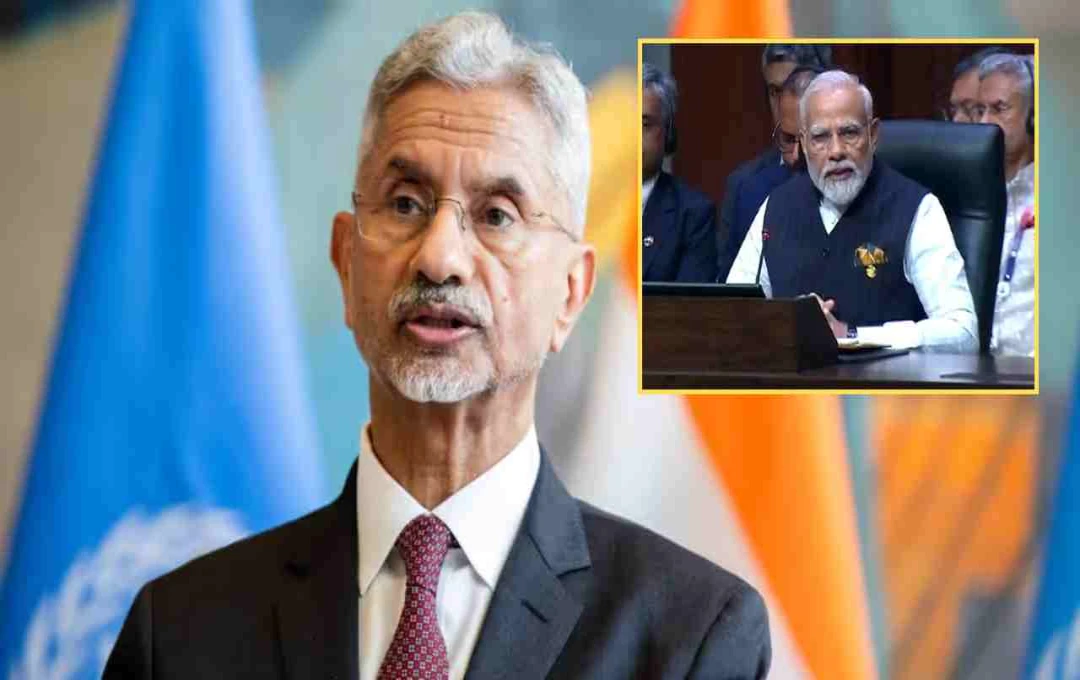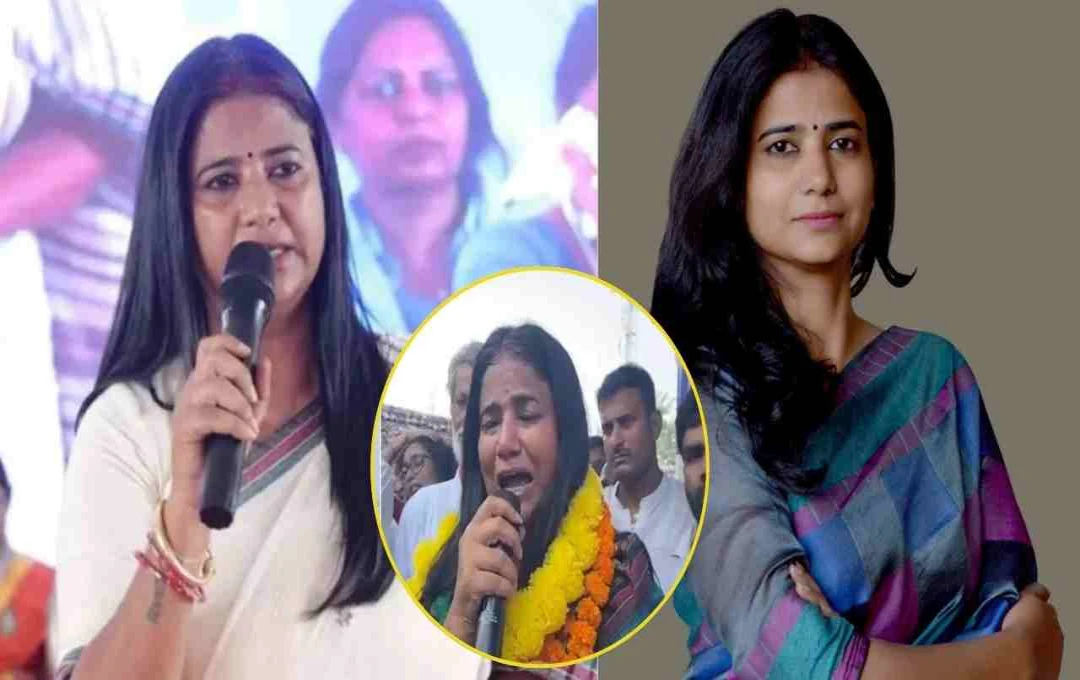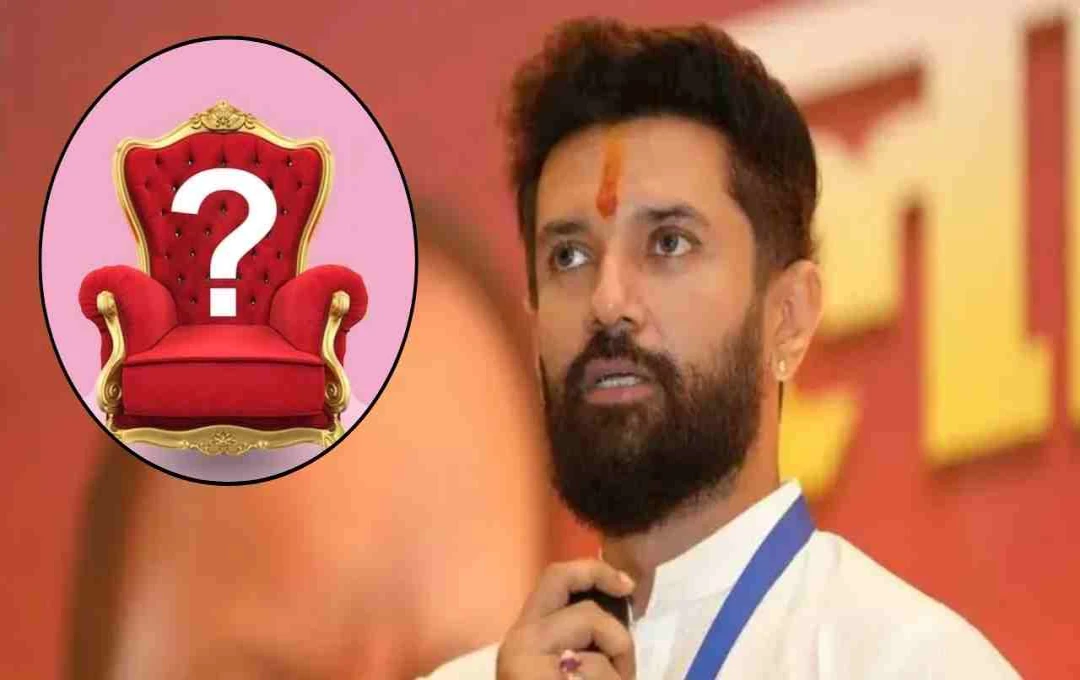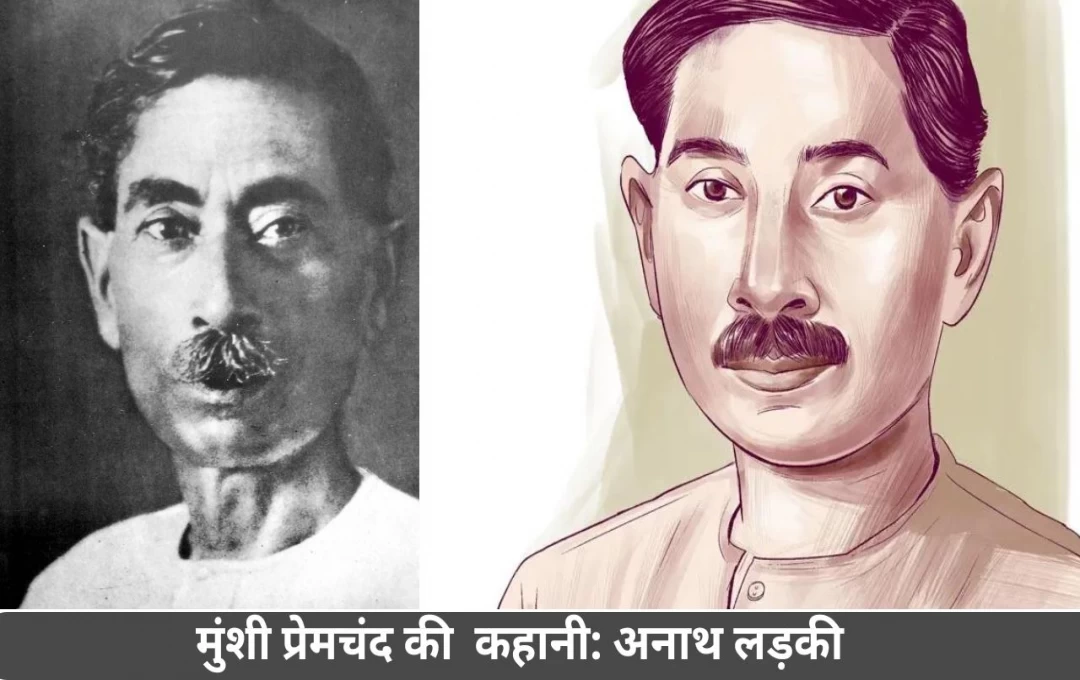Indira Gandhi, India's first woman Prime Minister, made unparalleled contributions in decisive leadership, global diplomacy, and social justice. The 1971 war, bank nationalization, and programs like “Garibi Hatao” are part of her legacy.
Indira Gandhi: The name Indira Priyadarshini Gandhi is written in golden letters in the history of Indian politics. Born on November 19, 1917, in Prayagraj (then Allahabad), Uttar Pradesh, Indira Gandhi was India's first and to date, only woman Prime Minister. She is globally recognized not only for her political acumen but also for her personal courage, decisive leadership, and patriotism.
Early Life and Education
Indira Gandhi was born Indira Nehru. Her father, Jawaharlal Nehru, was the first Prime Minister of independent India, and her mother was Kamala Nehru. Indira's early life was quite difficult and lonely. Her father was often busy with political activities, and her mother's health issues meant her care was limited.
Indira received her early education from tutors at home. Later, she studied at Delhi's Modern School, and St. Cecilia's and St. Mary's Convent School in Allahabad. Her educational journey also extended abroad; she studied at the International School in Geneva, Ecole Nouvelle in Switzerland, and the Pupils Own School in Pune. Later, she also studied at Belur Math and Visva-Bharati University, Shantiniketan, for cultural and spiritual education.
Rabindranath Tagore named her “Indira Priyadarshini,” which means – one who sees everything with gentleness and compassion. The early phase of her life was filled with illness and hardships, but despite all this, she showed active participation in education and social activities.
Family Life and Marriage
Indira Gandhi married Feroze Gandhi, who belonged to a Gujarati Parsi family. They had two sons from this marriage: Rajiv Gandhi and Sanjay Gandhi. Her family life introduced her to the intricacies of politics and smoothed her path in the political landscape of independent India.
Beginning of Political Career
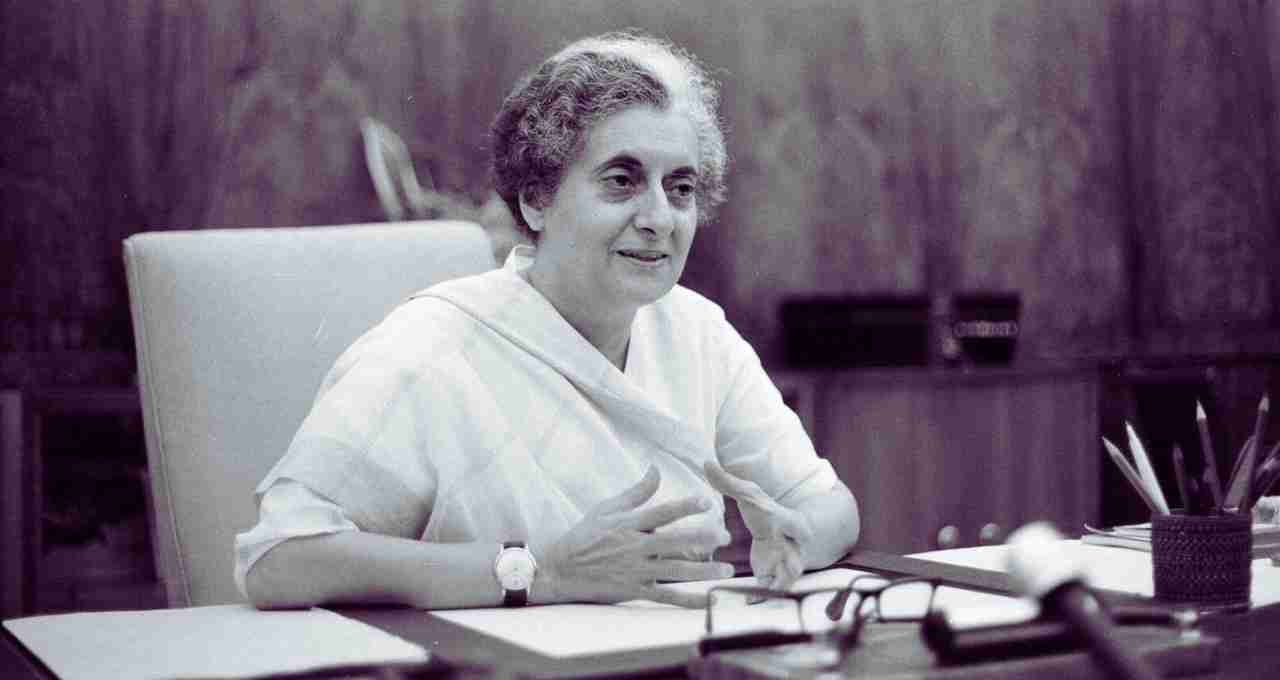
Indira Gandhi's political career began under the guidance of her father. During Jawaharlal Nehru's time, Indira accompanied him on many foreign trips, gaining national and international experience. In 1959, as the President of the Congress Party, she demonstrated diligence and political wisdom by getting the Communist government in Kerala dismissed.
After Nehru's death in 1964, she was elected a member of the Rajya Sabha and appointed Minister of Information and Broadcasting in the cabinet of then-Prime Minister Lal Bahadur Shastri. Following Shastri's sudden demise in January 1966, the Congress Party entrusted her with India's highest political authority by electing her as party president and Prime Minister.
Early Years as Prime Minister (1966-1967)
Indira Gandhi's first tenure was fraught with difficulties and criticism. Senior leaders of the Congress Party referred to her as a “dumb doll,” implying she was merely a puppet of party bosses. However, she defied this perception with her courage and decision-making ability.
Among her first major actions was the suppression of the Mizo National Front rebellion in Mizoram. Concurrently, she played a decisive role in foreign policy and economic decisions.
1967-1971: Elections and Policy Changes
In the general elections of 1967, Congress lost its majority in most states. Indira Gandhi entered the Lok Sabha from Rae Bareli. During this period, she gradually moved towards socialist policies.
In 1969, she faced differences with the senior leaders of the Congress Party. She supported V.V. Giri and nationalized 14 major banks in the country. As a result, she was expelled from the Congress Party but formed her new party, Congress (R), and garnered the support of most MPs.
China and Border Disputes
Under Indira Gandhi's leadership in 1967, a military conflict occurred on the Himalayan border between India and China, which India successfully managed. Furthermore, in 1975, she integrated Sikkim into India, which was considered a symbol of her firm and decisive leadership.
The 1971 War and the Liberation of Bangladesh
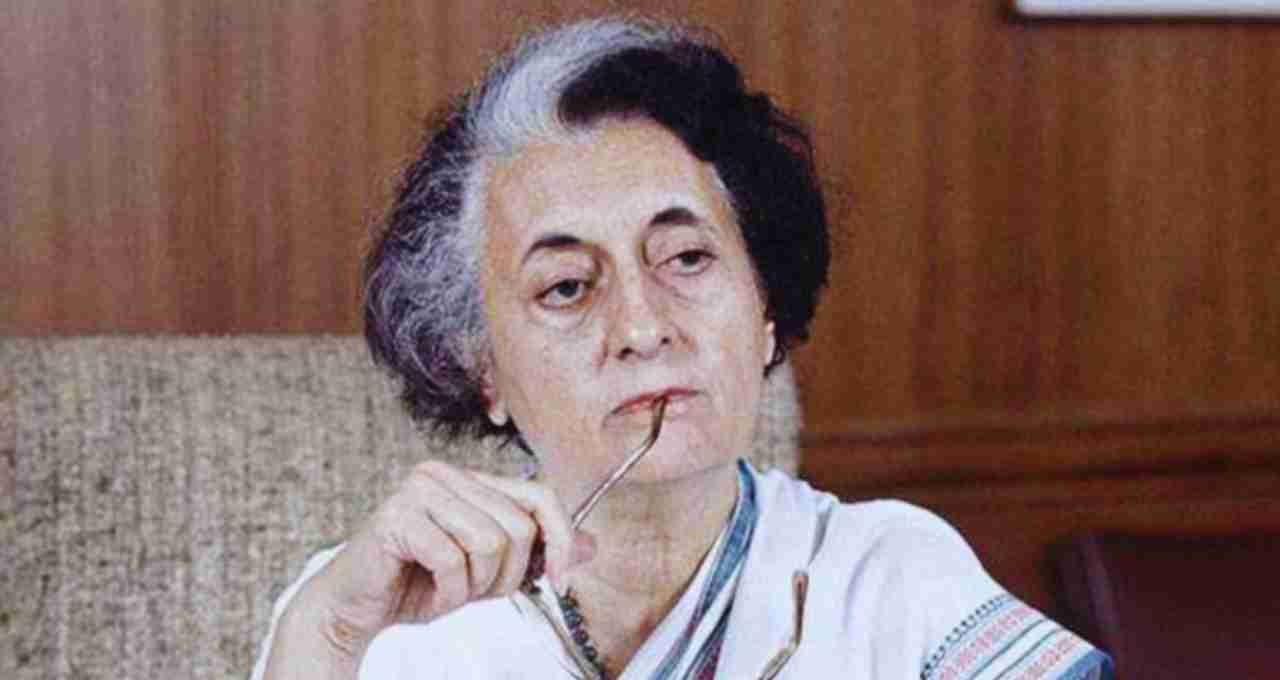
Indira Gandhi's most significant military and political contribution was in the India-Pakistan War of 1971 and the liberation of Bangladesh. Supporting the rebels in East Pakistan (Bangladesh), she ensured swift and decisive action by the Indian Army.
In this war, the Indian Army, with exceptional strategy and rapid action, captured Dhaka, and Pakistani forces surrendered on December 16, 1971. 93,000 Pakistani soldiers became prisoners, marking one of the largest surrenders in world history.
“Garibi Hatao” and Social Policies
During the 1971 election campaign, Indira Gandhi gave the slogan “Garibi Hatao” (Remove Poverty). This policy focused on poverty alleviation, rural development, and social justice. Through this policy, she empowered the rural and urban poor politically and economically.
Centralization of Power and the Emergency
Between 1975 and 1977, Indira Gandhi imposed the Emergency in India, during which civil liberties were temporarily suspended. Political opponents and journalists were arrested during this period. Although this step was controversial, it was also viewed as a demonstration of Indira Gandhi's firm and fearless leadership.
Global Leadership and Policies
Under Indira Gandhi's premiership, India conducted a nuclear test (1974) and maintained close ties with the Soviet Union. Additionally, she adopted a b foreign policy against neighboring countries like China and Pakistan. Her leadership came to be known as the “Iron Lady.”
Demise and Legacy
On October 31, 1984, Indira Gandhi was assassinated by Sikh extremists. The reason behind this was Operation Blue Star. Her death was an irreparable loss to Indian and world politics.
Her legacy includes:
- Being India's first woman Prime Minister
- Her decisive role in the liberation of Bangladesh
- Policies of social justice and poverty alleviation
- India's b leadership on the global stage
Indira Gandhi not only paved new paths for women in Indian politics but also firmly established the country on the global stage. Her courage, foresight, and commitment to social justice make her a unique and inspirational leader. Her leadership continues to be a source of inspiration for the nation's citizens today.
